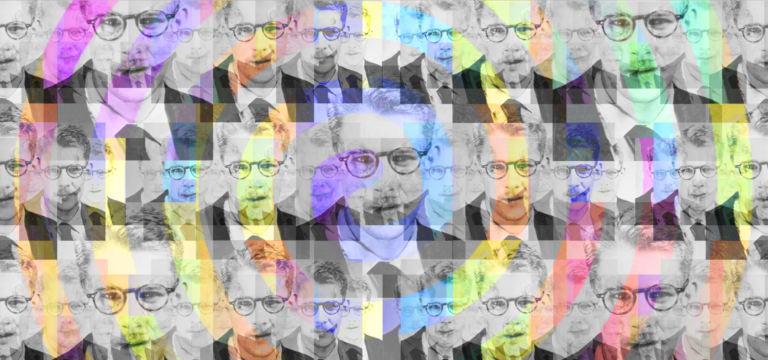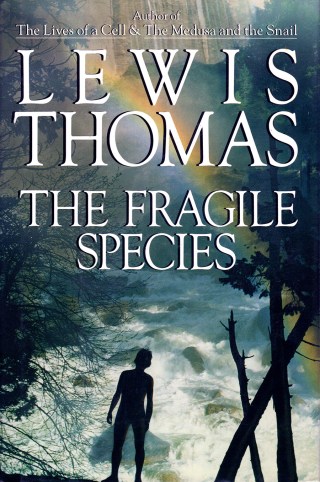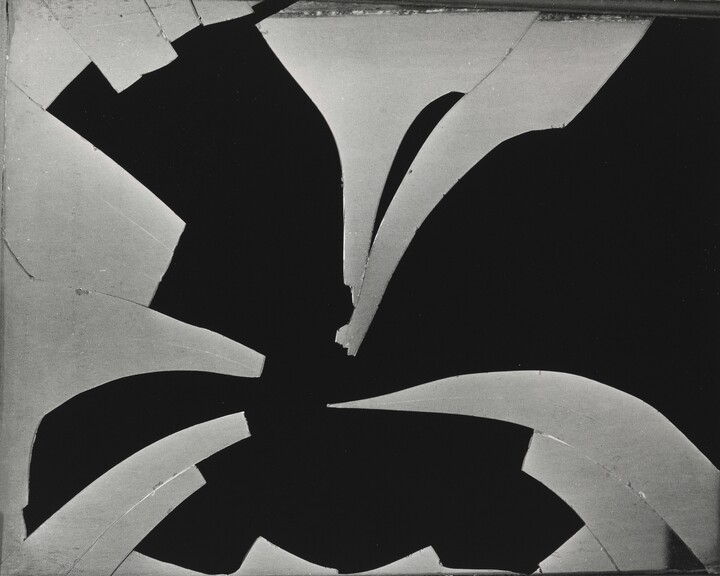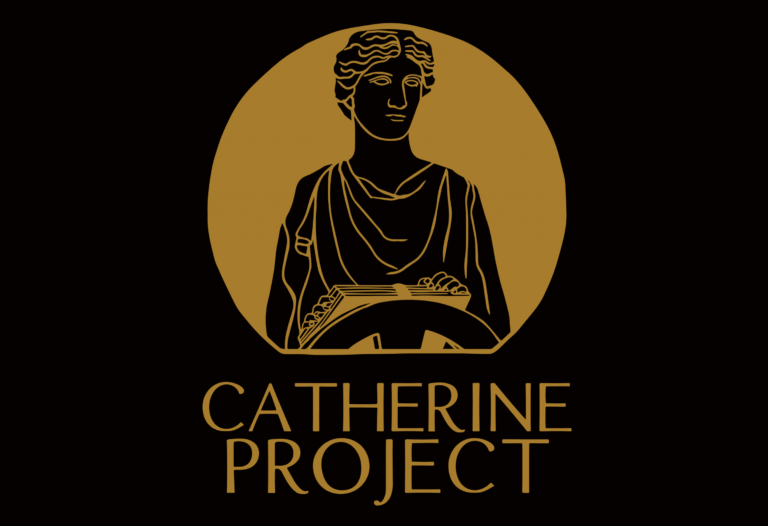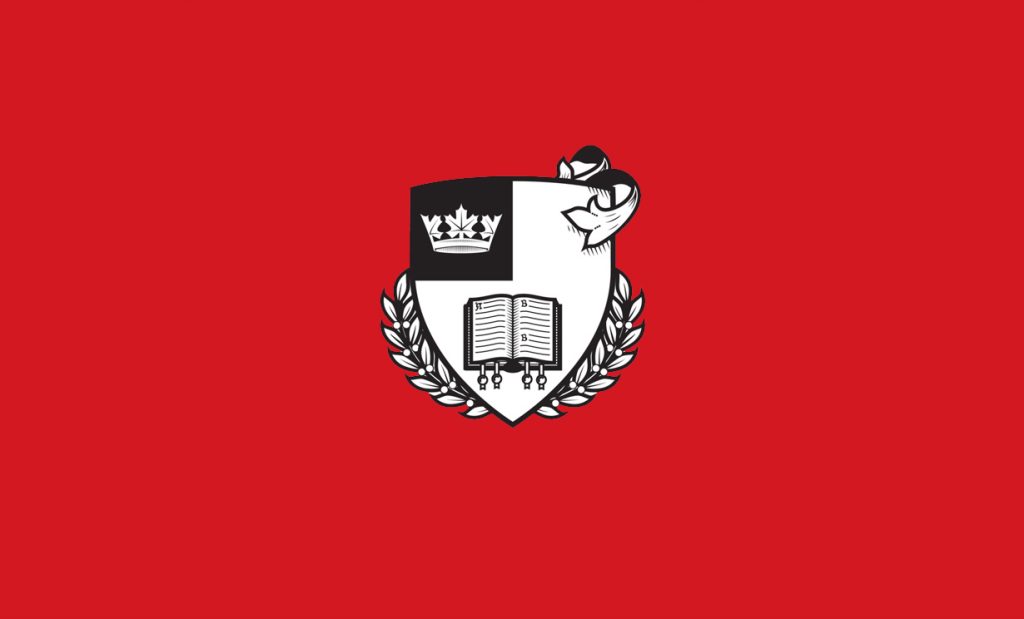
The Royal Society of Canada (RSC) has announced its newly elected fellows, and several philosophers are among them.
Below are their names and the RSC’s remarks about them:
- Frédéric Bouchard (University of Montreal)
Frédéric Bouchard’s work offers significant contributions to philosophy of biology and to philosophy of science. His novel accounts of evolutionary fitness and biological individuality provide an improved understanding of complex associations between species, from microbiomes to ecosystems. Also, governmental agencies regularly call upon his work on the role of experts in decision-making to help rethink issues related to sustainable development, public health, and innovation policy.
- Carolyn McLeod (Western University)
A bioethicist and feminist philosopher, Carolyn McLeod is known worldwide for her research in the ethics of reproduction, adoption, and parenthood. She has provided solutions to some of the deepest ethical problems in reproductive health policy and family policy and has
developed innovative tools for tackling these and similar problems. Through her participation in multi-disciplinary and multi-organizational research teams, she has contributed directly to public policymaking affecting prospective parents in Canada.
- Georg Northoff (University of Ottawa)
Georg Northoff is a transdisciplinary scholar and psychiatrist focusing on brain-mind connection in humans and artificial agents. He has developed a unique approach to brain-mind, including a study of their relationship to the world in terms of their temporo-spatial dynamic. Being educated in medicine/psychiatry, philosophy, and neuroscience, he also draws on disciplines such as physics, engineering, and psychology. His work draws global attention in both the West and East alike.
- Alison Wylie (University of British Columbia)
Alison Wylie is internationally recognized for catalyzing a thriving field at the intersection of philosophy of science and the historical sciences, and for game-changing insights in feminist philosophy. She deploys incisive analyses of archaeological practice to show how even fragmentary trace evidence can yield robust knowledge of the past. Her work reframing epistemic ideals like objectivity has had an impact on archaeological practice as well as in philosophy.
The RSC elected 51 fellows in total this year. You can access the list of all of them here.
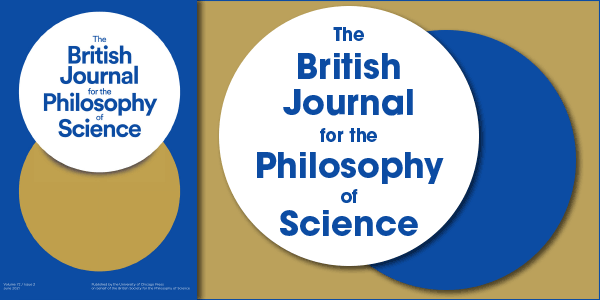
The mandate of the RSC is “To serve Canada and Canadians by recognizing Canada’s leading intellectuals, scholars, researchers and artists and, by mobilizing them in open discussion and debate, to advance knowledge, encourage integrated interdisciplinary understandings and address issues that are critical to Canada and Canadians.”
